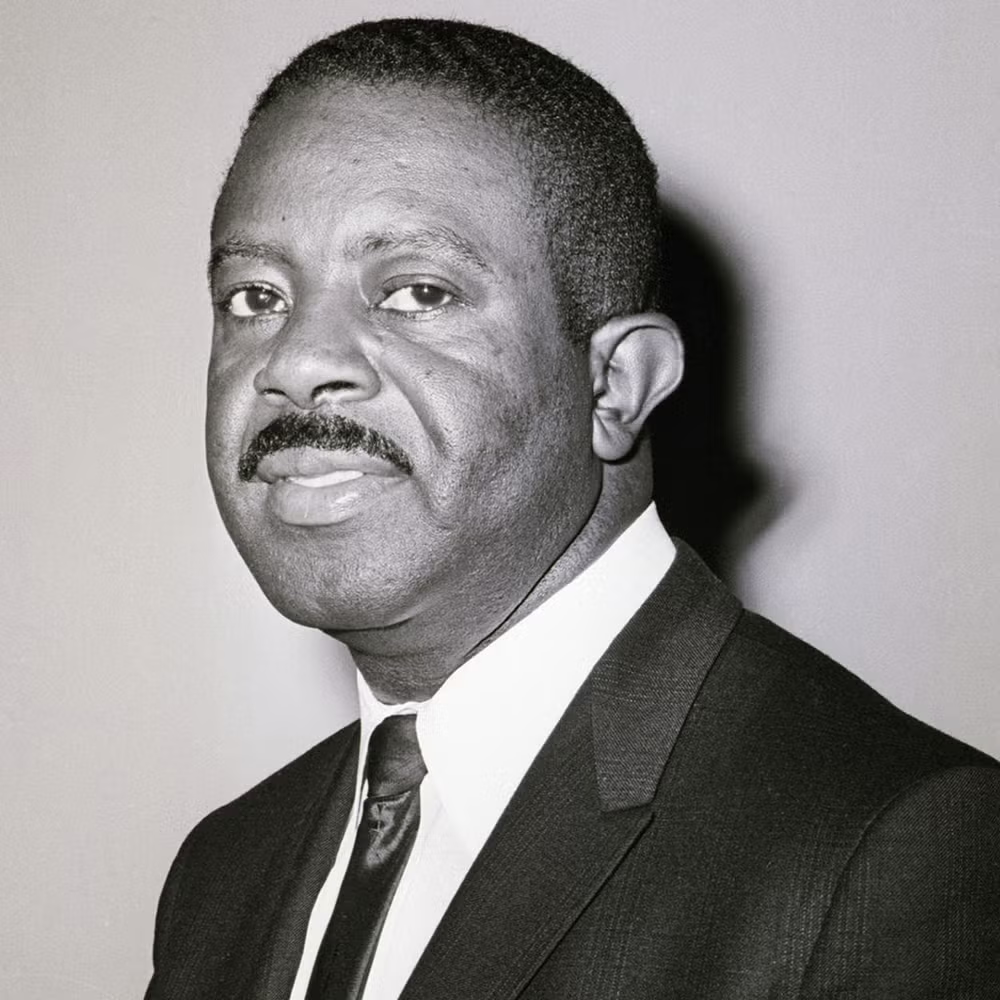
Table of Contents
Who Was Ralph D. Abernathy?
Ralph D. Abernathy was a prominent Baptist minister and civil rights leader, best known for his close partnership with Dr. Martin Luther King Jr. He played a pivotal role in organizing the Montgomery Bus Boycott, a landmark event in the civil rights movement, and co-founded the Southern Christian Leadership Conference (SCLC). As a trusted adviser to King, Abernathy worked tirelessly for racial equality and later succeeded King as the president of the SCLC.
Early Life and Education
Born on March 11, 1926, in Linden, Alabama, Abernathy was the 10th of 12 children to Louivery and William Abernathy, a farmer and church deacon. Following his graduation from high school, Abernathy was drafted into the U.S. Army during World War II, leaving behind his family’s 500-acre farm.
After completing his military service, Abernathy pursued his education while becoming an ordained minister in 1948. He earned a degree in mathematics from Alabama State College in 1950 and later a master’s degree in sociology from Atlanta University in 1951. Abernathy served as pastor of the First Baptist Church in Montgomery and as the dean of students at Alabama State. During this period, he married Juanita Odessa Jones, with whom he had four children.
Close Allies with Martin Luther King Jr.
In 1954, Ralph David Abernathy assumed the role of minister at a local church, where he became a mentor to a young Martin Luther King Jr. This partnership fostered a profound bond that positioned both men as pivotal leaders in the civil rights movement. The duo co-founded the Montgomery Improvement Association in 1955, organizing a yearlong bus boycott in response to the arrest of Rosa Parks, who defied racial segregation by refusing to relinquish her bus seat to a white man. The boycott garnered national attention, but it also provoked violence, resulting in bomb attacks on Abernathy’s home and church. Despite the threats, Abernathy remained undeterred in his commitment to the cause.
In 1957, Abernathy and King were instrumental in establishing the Southern Christian Leadership Conference (SCLC), which emerged as the most influential civil rights organization in the South. King served as president, while Abernathy took on the role of vice president. Shortly thereafter, Abernathy hosted a rally for the Freedom Riders, a group of Black and White activists who traveled by bus to challenge segregation in the South.
Later that year, when King expanded his civil rights efforts to Atlanta, Abernathy joined him, continuing his ministry at the West Hunter Street Baptist Church. Together, they organized numerous protests, sit-ins, and marches. Abernathy faced arrest alongside King on 17 occasions and remained a steadfast presence in King’s life, particularly during the tragic event of King’s assassination on April 4, 1968. Following King’s death, Abernathy endeavored to uphold King’s legacy, eventually becoming president of the SCLC. He also spearheaded the Poor People’s Campaign of 1968, which included a significant march on Washington, ultimately contributing to the establishment of the Federal Food Stamps Program.
Death and Legacy
In 1977, Abernathy stepped down as president of the SCLC to pursue a seat in the U.S. House of Representatives. Although he was unsuccessful in this endeavor, he redirected his efforts toward his ministry and public speaking. His autobiography, And the Walls Came Tumbling Down, was published in 1989, further solidifying his contributions to the civil rights movement.
Ralph David Abernathy passed away on April 17, 1990, in Atlanta, Georgia. He is remembered as King’s closest confidant and second-in-command, with King himself declaring in his final speech, “Ralph David Abernathy is the best friend that I have in the world.”
